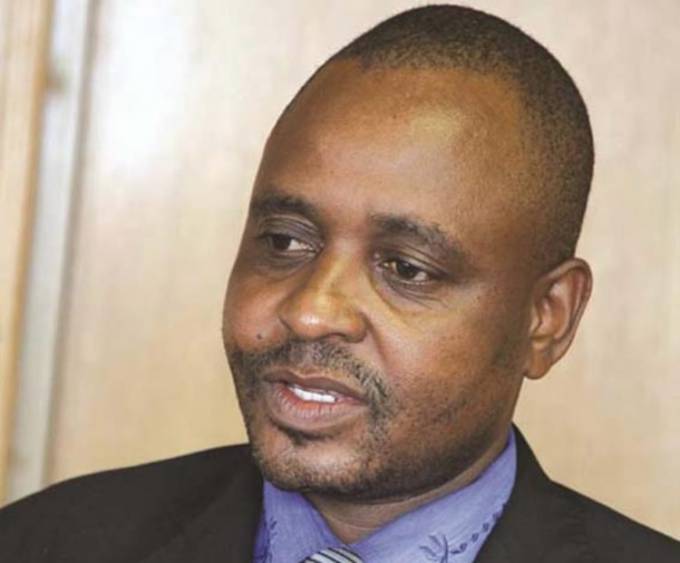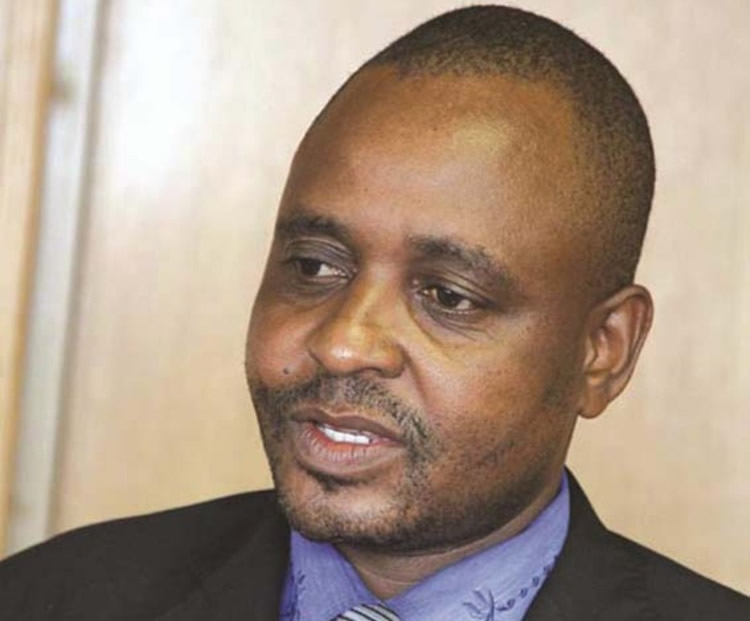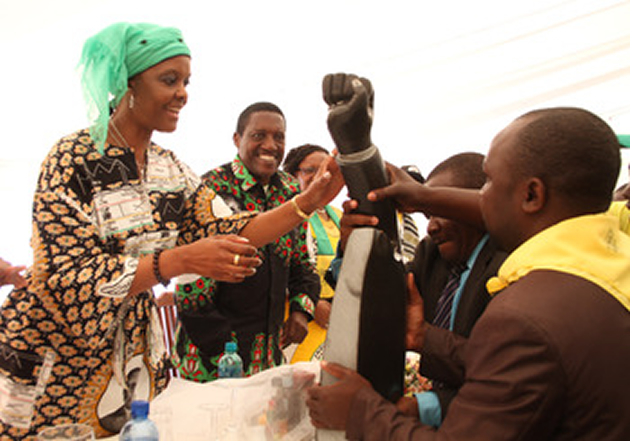Mashingaidze harps on Asiagate

Sports Reporter
ZIFA chief executive Jonathan Mashingaidze does not believe there will be success stories within the next five years, insisting that the game would still be trying to recover from the effects of the Asiagate match-fixing scandal.
Mashingaidze also took his four-year fight with journalists into Parliament, repeating his old story that there were sportswriters who were part of the Asiagate bandwagon and have been a thorn in the flesh of the association.
The Zifa CEO said Herald Senior Sports Editor Robson Sharuko made 15 trips to Asia between 2006 and 2010 with the Warriors, something that is certainly not true and has been challenged in an appeal that is still hanging with the association two years after it was filed.
He also claimed Sharuko pocketed rich pickings from the adventures.
He also repeated his claims that Sharuko’s role was to write glossy reports about the trips and he also took a swipe at Hope Chizuzu saying the journalist was always hitting out at the association’s efforts to protect the integrity of football.
Asked if he had evidence to back his claims, Mashingaidze said he was basing his presentation on the Asiagate report produced by Justice Ebrahim and “from reports we got”.
“There was deafening silence back home in terms of these shenanigans,” said Mashingaidze, who pleaded with the lawmakers to criminalise such conduct.
The Zifa chief said he only gave his presentation after being guaranteed that he would be protected because, two years ago, he was kidnapped and has since been dragged before the courts after claiming that Knowledge Musona and Ovidy Karuru were seen leaving the offices of former Zifa chief executive Henrietta Rushwaya.
Mashingaidze, though, deliberately didn’t appraise the lawmakers on the status of Sharuko’s appeal with his association, for which he paid US$6 000 and spent thousands more in legal fees, which remains hanging two years after he filed that appeal.
Neither did he appraise the lawmakers why Fifa have refused to endorse even a single suspension that they effected, in this issue, with the world football governing body asking for more evidence, outside the Justice Ebrahim report and scores of e-mails that the association sent to Zurich, to back their case.
However, Zifa president Cuthbert Dube yesterday told parliamentarians that he did not enjoy leading an organisation that was always stalked by failure and was confident the measures his association were putting in place would see a turnaround of fortunes for the national teams.
Dube said heads would roll at Zifa as part of the grand efforts to fix the association and ensure that it delivers results.
“It’s not an exciting job to lead an organisation that is failing,” Dube told the Parliamentary Portfolio Committee on Education, Sport, Arts and Culture.
“We need results-based management and this is exactly what we are going to do with Zifa.
“Obviously, some heads are going to roll, no doubt about it, but we will approach the whole thing in a most professional manner that benefits the sport and the whole nation so that we may also appear at these prestigious competitions.”
Dube said his organisation was not going to tolerate dissent within its ranks, and said the fallout between Women Football boss Miriam Sibanda and Mashingaidze was unfortunate.
“The issue of the women soccer boss and the CEO, I’m going to summon them and hammer out a reconciliation,” said Dube.
“We cannot continue to have bad working relationships.
“We are a team, as a team, we have to work with unity of purpose.”
The Zifa president also recounted how he defused the row that erupted between Mashingaidze and former Warriors coach Ian Gorowa.
“I called Mr Gorowa and Mr Mashingaidze just before the team left for Tanzania and I said you must reconcile, repent, repent from your deeds?
“They reconciled, they shook hands, we were only three in a closed room, and in front of the players I announced that the two had reconciled.
“I am disappointed that there should still be some disagreements.
“We don’t like that because if they are still there (the disagreements), then they cheated me.
“We like sincere people who say what they mean.”
Dube said he had a good working relationship with the media.
“The issue of the media, I don’t have a bad working relationship with most of them, unless they can tell me that vana ivava, they also give me advice, in terms of how to run the organisation.
“It’s important that we work very well with the media, we have appointed a communications person and we are talking to him, that should be the beginning.”
But while Dube was optimistic about the future, Mashangaidze was very pessimistic, saying that it will take the Warriors at least another five years to find their feet after being rocked by Asiagate.
Interestingly, both Botswana and Lesotho, who have also experienced similar challenges with their national teams, have found a way out quickly and qualified for the group stages of the 2015 Nations Cup qualifiers.










Comments